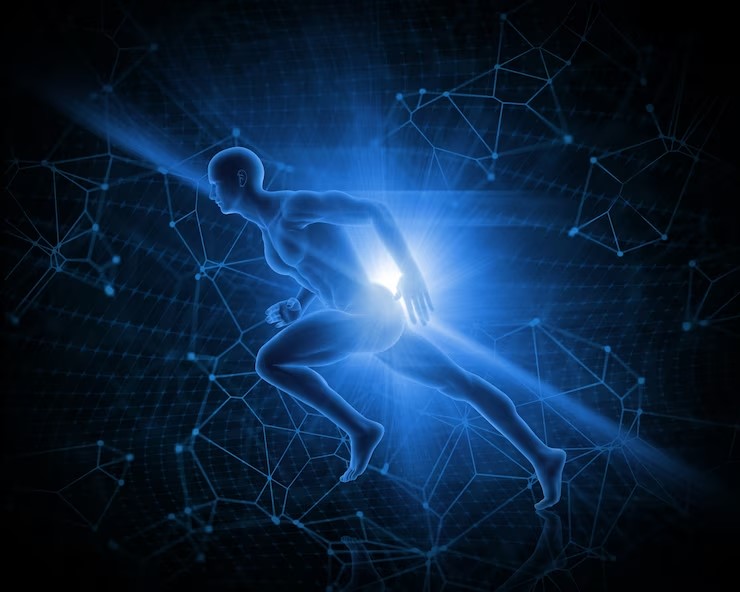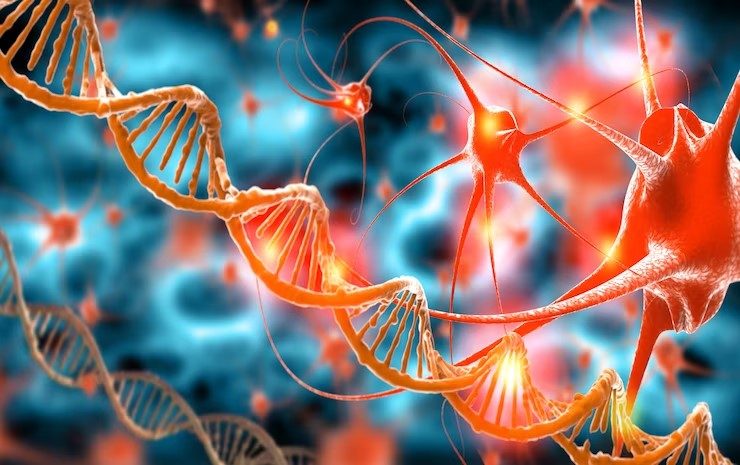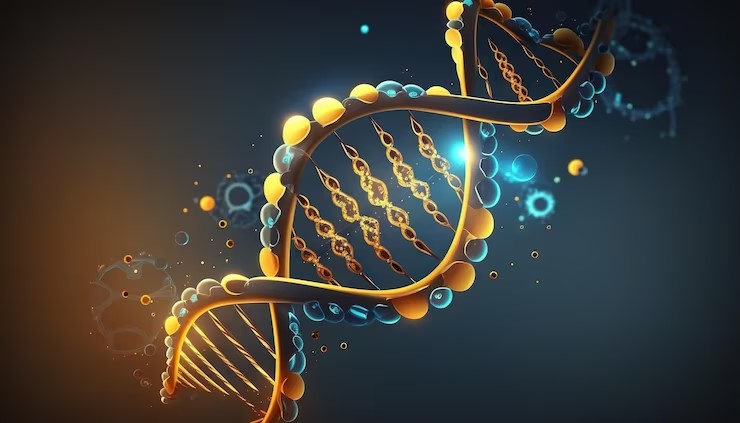
Almost everyone is curious to know more about human growth hormone and how it works. People have several questions but worry no more because we have listed five frequently asked questions about HGH that you should take notice of.
- What is Growth Hormone and what functions does it have?
It is a peptide hormone that is released from your anterior pituitary gland. If the hypothalamus or the pituitary gland malfunction, it may lead to decreased production of HGH. Several factors tightly regulate its levels in the blood. Human Growth hormone (HGH) is an incredibly small protein but a very potent one. It is the modern-day ‘fountain of youth’ which is in vogue for both decelerating the inescapable process of aging as well as a substitute for exercise to gain muscle bulk. Growth hormone plays important roles across multiple physiological systems of your body and is responsible for managing the intricate processes of growth, reproduction, and metabolism. It breaks fat cells, stimulates bone growth, enhances the bulk of muscles, and plays a vital role in the cognitive and cardiac functioning.
The growth hormone also has pleiotropic effects on one’s immunity, CNS, and CVS. Even sexual performance and interest are affected by the levels of growth hormone in your blood.
- How to increase Growth Hormone naturally?
No-one can deny the significance of growth hormone in our body. From the utilization of what one eats to the process of spermatogenesis, growth hormone seems to be everywhere. So, if it so significant how can we increase in naturally? One of the easiest methods is getting a good-quality, ample sleep at night. It has been observed that growth hormone levels rise more at night than in the day so when you are deep in your sleep, your pituitary gland is hard at work.
Other proven ways to increase GH are intermittent fasting, reducing carbohydrate intake, exercising at high intensity, taking other natural supplements like alanine, L- dopa, ornithine, etc. and avoiding stodgy meals especially before bedtime. Many people also take melatonin supplements to induce strong sleep to optimize HGH levels. Especially in males, the less fat you have on your body, the more will be the production of growth hormone.
- What makes one eligible for HGH therapy?
A person is declared eligible for HGH therapy after a series of tests. During this time, the doctor weighs the long-term risks of the treatments against the advantages. HGH is widely used as a prescription drug for the patients of bona fide GH deficiency, Turner’s syndrome (a condition in which females are born with a missing/defective X chromosome), chronic kidney failure, Prader-Willi Syndrome (a genetic defect on chromosome number 15), male infertility and others disorders.
Much research has been conducted that shows major improvements in patients of depression and mania after a few months of HGH therapy. It is also used for the treatment of short bowel syndrome, it is a condition characterized by improper absorption of food caused by chronic intestinal diseases or surgical removal of a large portion of intestines.
Other than the approved therapeutic use of GH, there have been many proposed uses for a number of diseases including some of the fatal ones. However, due to the lack of research, the use of HGH has not been approved for many of these diseases.
- Can HGH supplementation increase testosterone?
It is important to understand that growth hormone has very little –if any- effect on testosterone production. However, there is an association between GH and testosterone as they both work in synergy to enhance body growth and metabolism, especially in children. Though you can find doctors who prescribe HGH supplementation in the absence of a true deficiency for the treatment of low testosterone, it is extremely risky and evidence-devoid therapy.
Some people are of the opinion that HGH does cause a little increase in testosterone when complemented with other therapies. The adjuvant therapy of HGH and testosterone leads to improvements in strength, balance, body composition, and sexual performance in both men and women.
Contrary to this, there are some published studies conducted on monkeys that suggest that high testosterone levels can raise growth hormone levels. Testosterone augments and prolongs the effects of growth hormone by stimulating the production of IGF-1, a protein that is essential for growth in childhood.
- How do I know if I am HGH-deficient?
The pathognomonic sign is stunted growth. In children, it is particularly hard to diagnose this deficiency as children grow at different rates and growth does take place during a long course of time. Some symptoms do, however, point towards the bona fide deficiency of the growth hormone. These are chubby build, immature appearance compared to children of the same age, undeveloped nose bridge, and a prominent forehead. It should also be kept in mind that failure to grow properly may also be due to various other reasons decreased nutritional intake, medications, hypothyroidism, diseases that increase basal metabolic rate, or gastrointestinal disorders.
Other than that people who are deficient in Human Growth Hormone tend to hove low stamina and lethargy. They may have heat and cold sensitivity. People low in Growth Hormone may also experience some psychological disorders like depression. In adult men, signs and symptoms of HGH deficiency are baldness, decreased sexual performance or interest, dry skin, high triglyceride levels, and decrease in muscle mass.
SIMILAR QUESTION
How To Safely Take Human Growth Hormone?
Introduction
Human growth hormone (HGH) is a hormone produced by the body to regulate growth and development. It is used medically to treat a number of conditions, including growth hormone deficiency in children and adults, as well as to improve athletic performance. While taking HGH can be beneficial, it can also be dangerous if not taken safely. This paper will discuss how to safely take HGH and the potential risks associated with its use.
What is Human Growth Hormone (HGH)?
Human growth hormone is a hormone that is naturally produced in the body by the pituitary gland. It helps regulate growth, metabolism, body composition, and other body functions. It is used medically to treat growth hormone deficiency in children and adults, and to improve athletic performance. It is also used illegally as a performance-enhancing drug.
How to Safely Take Human Growth Hormone
HGH should only be taken under the supervision of a doctor. A doctor can determine if a person is a good candidate for HGH therapy and can then prescribe the appropriate dosage. It is important to follow the doctor’s instructions carefully and to only take the prescribed amount of HGH.
It is also important to take HGH at the same time each day. This will ensure that the body has a steady supply of HGH and that it is being used effectively.
The Potential Risks of Taking Human Growth Hormone
Taking HGH can cause a number of side effects, including joint and muscle pain, high blood pressure, fluid retention, and carpal tunnel syndrome. It can also increase the risk of developing certain types of cancer. It is important to discuss any potential risks with a doctor before taking HGH.
Conclusion
Human growth hormone can be beneficial when taken safely and under the supervision of a doctor. It is important to follow the doctor’s instructions carefully and to only take the prescribed amount of HGH. It is also important to discuss any potential risks with a doctor before taking HGH. By following these guidelines, individuals can ensure that they get the most benefit out of taking HGH while avoiding any potential risks.


